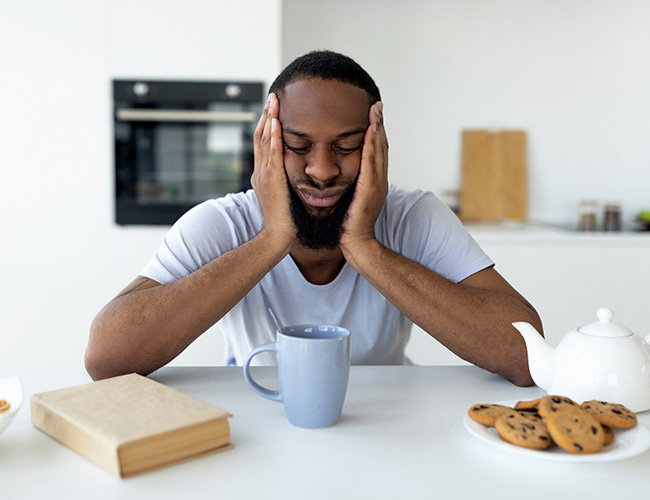Don’t skimp on sleep
A sleep scientist shares tips on how to improve the quality of your sleep - and some of his advice might surprise you!
It’s that time of year again when New Year’s Resolutions are made, and good intentions set… And you may be surprised to learn that one of the most common resolutions causes an influx of patients to the offices Dr Dale Rae, a sleep scientist at the University of Cape Town and director of sleep consultancy Sleep Science. “We often have quite a lot of people coming in January and February. The idea is: ‘Okay, this year I'm going to address my sleep!’”
Of course, it’s always a good idea to take measures to improve your quality of sleep – after all, healthy sleep is associated with a 40% lower risk of dying of any cause, according to one study.
As anyone who has trouble getting enough shut-eye knows, a bad night makes us grouchy and clumsy. An extended period of poor sleep, however, can have serious implications for our health, impacting virtually all processes in the body and putting us in the firing line for conditions like depression, heart disease, diabetes and obesity, as well as compromising our immune system.
In order to avoid being part of the surge of slumber seekers, follow Dr Rae’s tips.
Sleep late when you can
Weren’t expecting that, were you? We’re constantly told by sleep experts that our bedtimes should be consistent day in, day out – so why do we get a free pass to lie in? “When you don’t have to get up for work in the mornings, it's a massive opportunity for people to catch up and pay back sleep debt they may have accumulated – to just recover. I can't overstate the importance of taking time out to recover.”
Obviously, the ideal is to be getting enough sleep all the time. But the average worker tends to be up early for work (or school or varsity): either they have deadlines to meet or long commutes to work – or both. “And so generally, most people are probably 30 to 60 minutes sleep-deprived on most days of the week.”
There you have it: a sleep scientist’s permission to sleep in.
Have fun
Another curveball from Dr Rae. But before you get too excited, this is not a free pass to go wild on the alcohol front (more on that later) – rather, emphasises Dr Rae, it is an encouragement to do all the things that help you to relax and have fun: socialise, spend time in nature, whatever floats your boat.
“What's the point of being so uptight about your sleep that you can't have any fun? I think it's far more beneficial to make sure that you have fun and relax – and then what'll most likely happen is your sleep health will automatically improve as your stress levels go down. It’s so important to destress.”
Go easy on the alcohol
Going easy doesn’t mean ditching the drink entirely, but it does mean not imbibing to excess. “Binge drinking is monstrously disruptive for your sleep. There's no two ways about it,” says Dr Rae. “I’m not talking about the occasional drink, or even one or two drinks. That can be okay, depending on the individual.”
According to one definition, five or more drinks on one occasion for men is considered binge drinking. “While a person normally falls asleep quite easily with a lot of alcohol in their body, they will then proceed to have extremely low quality, non-restorative sleep.”
IMAGE CREDIT: 123rf.com


